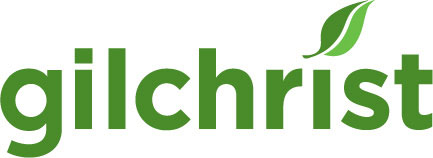Gilchrist Celebrates World Diversity Day
World Diversity Day is May 21, and Gilchrist is planning an organization-wide celebration. All year long, Gilchrist embraces diversity, inclusion and equity in all that we do. When effectively understood and integrated into our care, diversity enhances the experience of patients and their families. That’s why, years ago, Gilchrist formed an employee-led Diversity Council to guide our work and why we hold organization-wide learning forums on diversity, inclusion and equity topics.
Understanding Racial Equity
In honor of this year’s Diversity Day, Gilchrist is focusing its employee learning forum on racial equity. We have partnered with ABFE: A Philanthropic Partnership for Black Communities to engage all of our staff in a day-long conversation about race, equity, and how they intersect in our work of caring for families across the Maryland region. ABFE has over a decade of experience assisting communities, philanthropies, nonprofits and government units from over 30 states to undertake the building blocks of racially equitable work.
This training will empower Gilchrist with a shared understanding of some of the key concepts and frameworks for advancing our work in equitable ways, addressing some of the deep-rooted systemic challenges that directly impact our ability to provide the highest quality of care to all communities in our region.
Serving Underserved Communities
Our staff-wide training will complement the work we are already undertaking in this area. Gilchrist has a 30-year legacy of serving the underserved and leading community change efforts for those who are seriously ill, through the work of Gilchrist Center Baltimore. This inpatient center serves residents in Baltimore City, where there has been a long history of racial inequality, poverty and health disparities for the predominantly African American population. Gilchrist has engaged in extensive outreach efforts to increase health equity in Baltimore City. As Gilchrist continues to expand our work in these underserved areas, it is clear that there are unique challenges we must adapt to.
Baltimore is a city scarred by a history of segregation and disempowerment of minority communities—and this is particularly felt in the relationship between these communities and the healthcare system overall. For example, among some cultures, there is a distrust of healthcare that impacts our ability to share our services with families who are understandably hesitant to explore alternatives to aggressive curative treatments.
These feelings may not be immediately visible in a conversation with a family considering their options for an ailing loved one, but they are clearly present when we are trained to see them. Once these underlying dynamics are made visible, just like with an accurate diagnosis, multiple opportunities for healing become apparent.
With humility and curiosity, Gilchrist is committed to our ongoing work in the larger process of healing that is central to all of our shared futures.


